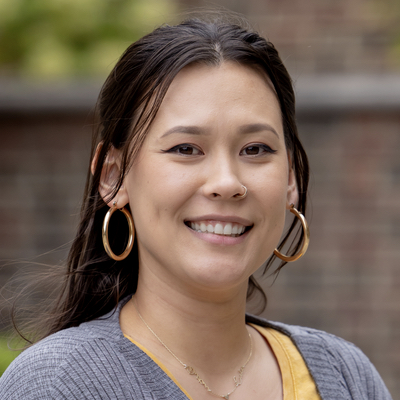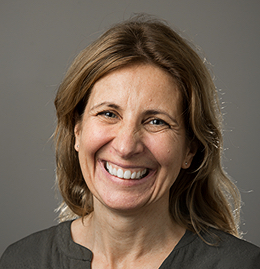The science and practice of mental health services is a growing field, whether your interests lie in research, serving in a school or community service setting, or working one-on-one with individuals, couples and families.
Students explore the roots of human behavior and apply that knowledge to help people adopt behaviors and structure environments that will increase their longevity, performance and quality of life. We offer strong and active collaborations with community partners around the Kansas City metropolitan area which help to expand the learning environment.
We provide students with a fundamental understanding of the field of psychology, including its value as a scientific method for understanding human behavior and solving social and behavioral challenges.
With an emphasis on inclusive excellence and multicultural competence, we prepare students for careers in counseling tailored to their individual interests. Students find employment in a variety of settings, including colleges, community-based mental health facilities, independent practice, the court system, and PK-12 schools. Graduates also enter doctoral programs in counseling-related areas. Choose from three different emphasis areas to match your learning experiences to your interests:
The PhD in Clinical Psychology is a full-time program of graduate study designed to train health service psychologists who are competent scientist-practitioners, with a life-long commitment to multiculturalism and inclusive excellence, and to the ethical practice of health service psychology.
The Ph.D. degree in clinical psychology has been accredited by the Commission on Accreditation of the American Psychological Association since 2004. We had our most recent accreditation visit in 2017 and the program is accredited to 2027 when we will have our next accreditation site visit. If you have questions about our program’s accreditation status you can contact:
Office of Program Consultation and Accreditation
American Psychological Association
750 1st Street N.E. Washington, D.C. 20002
Phone: (202) 336-5979
Email: apaaccred@apa.org
Web: APA Accreditation
At the School of Education, Social Work and Psychological Sciences there are several different ways to be involved in research, either as a student or a participant. Undergraduate students through doctoral candidates are encouraged to work closely with faculty mentors doing cutting-edge research on topics like infant and child development, the impacts of stress and trauma, aging, social justice advocacy and much more.
The Psychology and Counseling Department sponsors groups organized for and by Psychology students.

